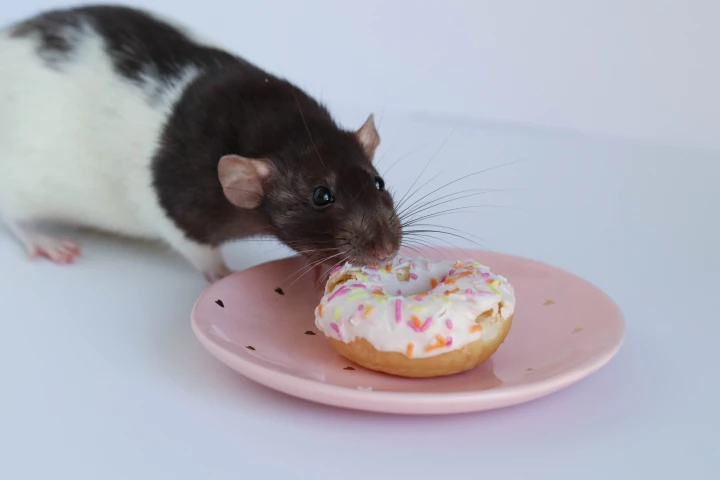Tongue
-
It's a well-known fact that if you're trying to cool your mouth after eating spicy food, you should drink milk, not water. Bearing that fact in mind, scientists have developed an "artificial tongue" that measures food spiciness using a milk protein.
-
While machines have mastered both sight and sound, the sense of taste has largely remained exclusive to biological organisms. Now, researchers in Beijing have built a graphene oxide “tongue” that doesn’t just detect chemicals, it learns them.
-
Updating an ancient form of health diagnosis with modern machine learning, researchers have developed a remarkable system that can reveal a range of medical conditions including asthma and diabetes just by looking at your tongue. It aced its tests.
-
Diabetics sick of daily injections may have renewed hope for a less invasive alternative. Scientists at the University of British Columbia (UBC) have developed a new delivery method for insulin where users just place a few drops under their tongue.
-
Researchers have uncovered the mechanism by which our taste buds detect ammonium chloride, exemplified by the distinct taste of salty licorice. They say the discovery provides evidence for the existence of a sixth basic taste.
-
Using an artificial tongue, researchers figured out just why chocolate feels so good in our mouths. They say it all comes down to when the fat is released, which could lead to a healthier chocolate bar that still delivers all the joy.
-
Do people eating lots of sugar become desensitized to sweetness? Scientists have found evidence that this might be the case, with a new rat study finding that those on a high-sugar diet had up to a 50% reduction in responsiveness to sweet flavors.
-
A food that's subtly sweet to one person may be very sweet to another, so how can food and beverage companies objectively determine just how sweet something actually is? Well, an experimental new "bioelectronic tongue" may one day do the job.
-
Patients don't like getting needles, nor do clinicians like having to keep protein-based vaccines cold at all times. A new polymer wafer – which dissolves when placed under the tongue – could address both issues.
-
While we have heard about "electronic tongues" before, most of them have been flavor-assessing sensors that didn't look like actual tongues. Such is not the case with a new biomimetic tongue, however, which could have some interesting applications.
-
Tinnitus is an aggravating disorder, causing sufferers to constantly hear a ringing in their ears. A new system could help, though, by simultaneously zapping their tongue and delivering sounds to their ears.
-
If you worked as a taste-tester of spicy foods, you'd only be able to try a few samples at a time – after that, your taste buds would become desensitized and need a rest. A newly-developed "electronic tongue," however, can accurately measure the spiciness of multiple foods for hours at a time.
Load More











